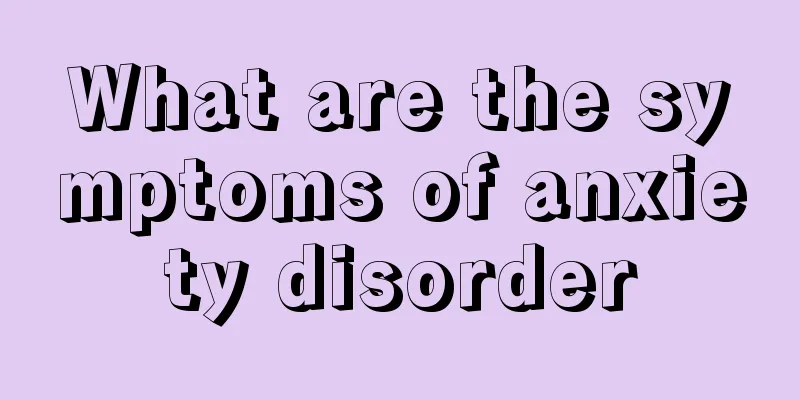Can uterine cysts become endometrial cancer?

|
Uterine cysts are usually not a direct cause of endometrial cancer, but in some cases, if uterine cysts are accompanied by abnormal hormone levels or other risk factors, they may increase the risk of endometrial cancer. It is recommended to have regular checkups, monitor the condition, and take intervention measures under the guidance of a doctor to reduce hidden dangers. 1. Causes and properties of uterine cysts Uterine cysts generally refer to benign cystic structures that appear in or around the uterus. Common causes include excessive secretion of cervical glands, chronic inflammatory stimulation, or imbalanced hormone levels in the body. Most of them are benign in nature and have limited impact on health. However, if the cyst continues to grow, is combined with other symptoms, or has a tendency to become malignant, it should be taken seriously. In some cases, cysts may indirectly change the hormonal environment and affect the health of endometrial tissue. 2. Association between uterine cysts and endometrial cancer Endometrial cancer is a malignant tumor that is closely related to estrogen levels. When uterine cysts are accompanied by polycystic ovary syndrome (PCOS), obesity, diabetes, or long-term use of hormone-containing drugs, the estrogen level in the body may be unbalanced, leading to abnormal proliferation of the endometrium, which in turn increases the possibility of cancer. In some cases, indirect associations need to be vigilant, but there is no necessary causal relationship between the two. 3. How to prevent and manage uterine cysts and their potential risks Drug treatment: If the cyst is accompanied by hormonal disorders, progestin-containing drugs such as Diane-35 can be used under the guidance of a doctor to regulate hormone levels and prevent abnormal proliferation of the endometrium. Surgical intervention: For cysts with larger diameters or cysts suspected of malignant transformation, laparoscopic surgery or hysterectomy can be chosen. The surgical plan should be determined based on individual circumstances. Diet and exercise: Control your weight, reduce high-sugar and high-fat diets, eat more foods rich in dietary fiber and antioxidants such as green leafy vegetables, oats, nuts, etc., and insist on moderate exercise to reduce the risk of hormone fluctuations and endometrial lesions. There is no direct causal relationship between uterine cysts and endometrial cancer, but certain high-risk factors may increase the risk of cancer through hormone imbalance. Regular gynecological examinations, a healthy lifestyle, and medical intervention when necessary are important means of prevention and management. If you have any discomfort or suspected lesions, please seek medical attention in a timely manner and have your condition scientifically evaluated to protect your health. |
<<: What are the symptoms of esophageal cancer
>>: Can waist CT detect bone cancer?
Recommend
Correct treatment of skin cancer can effectively control the disease
Due to environmental factors or eating habits, pe...
What are the treatments for lung cancer? An inventory of effective treatments for lung cancer
In the onset of cancer, the impact of the consequ...
What are the supportive therapies for pancreatic cancer
Pancreatic cancer is a relatively common malignan...
How to detect early tongue cancer
How to detect early tongue cancer? Early diagnosi...
What are the serious symptoms of acute pyelonephritis?
The kidney is one of the most important organs in...
Does staying up late affect hyperthyroidism?
With the development of the times, various electr...
What are the symptoms of a leaky valve?
With the development of the economy, cars have be...
The baby is very irritable when sleeping at night
Why does my baby sleep uneasily and become irrita...
What are the treatments for tongue cancer
Many patients with tongue cancer, due to their la...
What are the dietary methods for pituitary tumors
A reasonable and healthy diet for pituitary tumor...
What to do with uterine precancerous lesions
Cervical precancerous lesions refer to lesions th...
What to do if your buttocks are cramped
We usually call cramps muscle spasms, so muscle s...
Do you know the common knowledge about small cell lung cancer?
Do you know the common knowledge about small cell...
Can a microwave oven dry tea leaves?
Tea is very popular among everyone, but the tea w...
What are the disadvantages of tourmaline steam room?
With the improvement of people's living stand...









